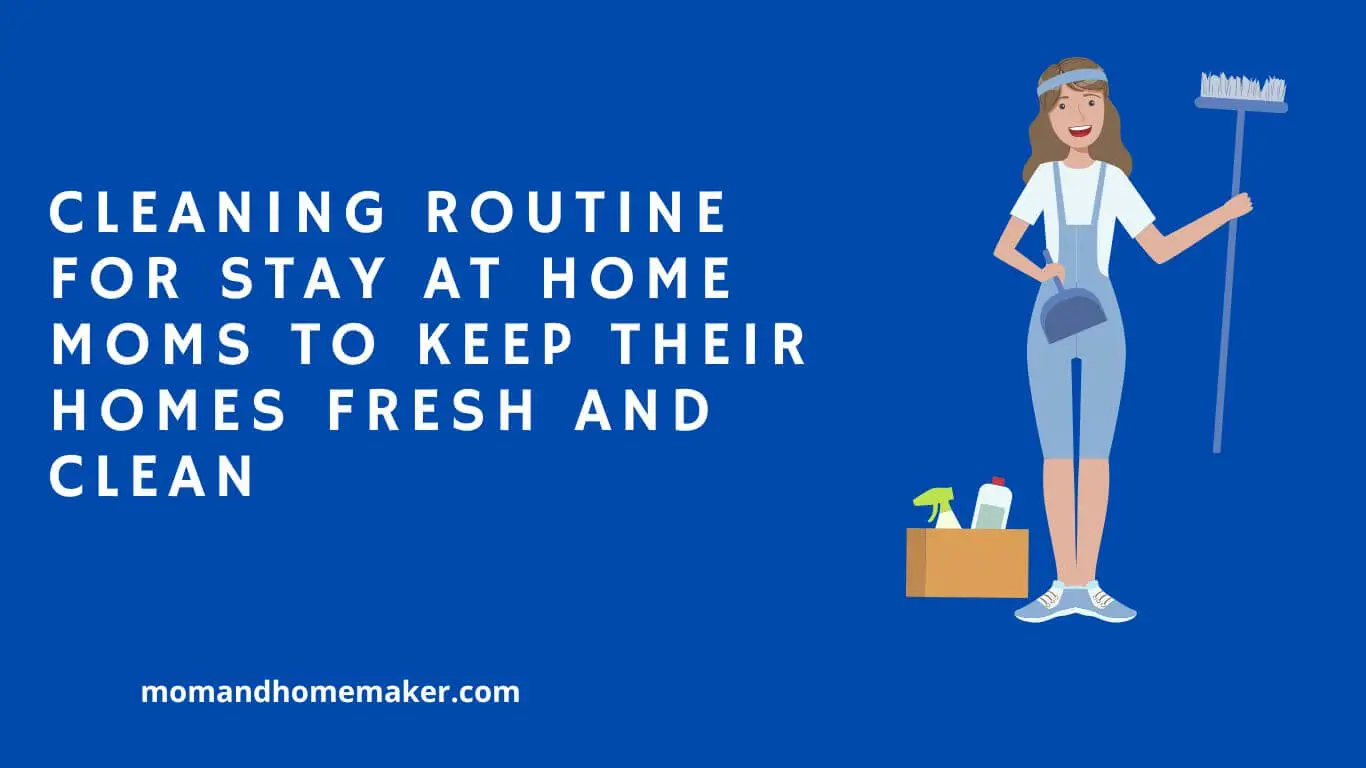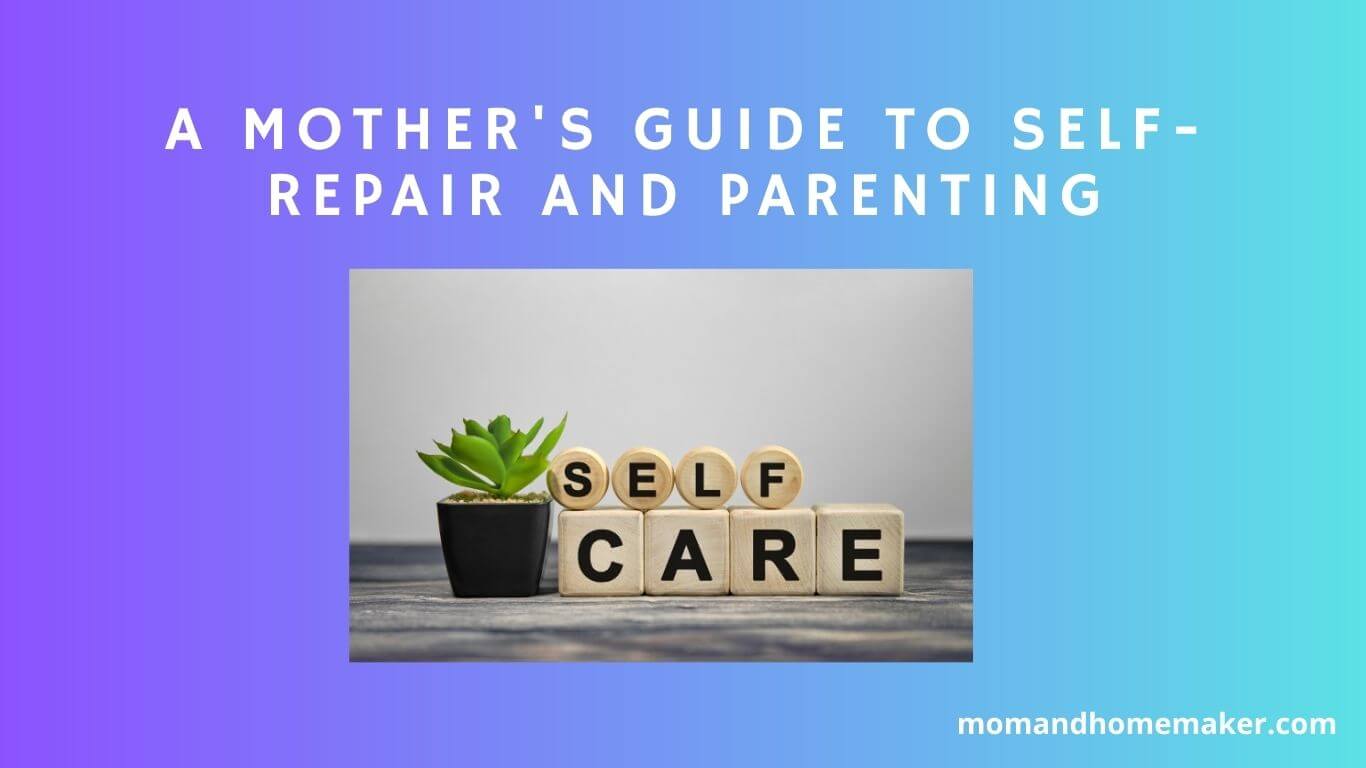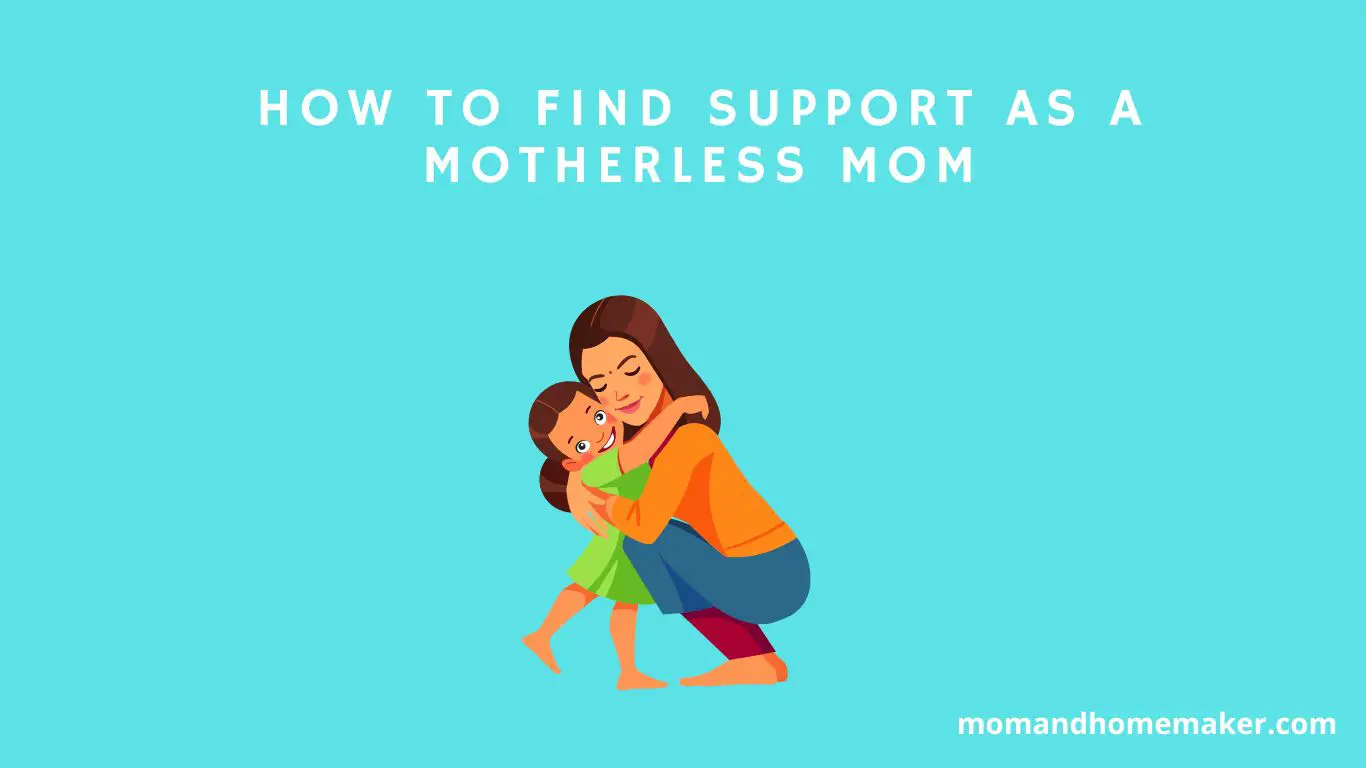Have you ever wondered about the impact of cortisol levels on stay-at-home moms’ stress levels? Balancing multiple responsibilities can be challenging, but is there a physiological aspect to consider as well?
The demands of parenting and managing a household are common stress factors, but what happens inside the body remains a mystery.
As you navigate the complexities of motherhood, understanding how cortisol levels can affect your overall health may offer valuable insights and ways to support your well-being.
Stress Levels in Stay-at-Home Moms
Stay-at-home moms often face significant stress levels as they manage household duties and care for their children. Balancing family needs with personal well-being can become overwhelming. Prioritizing self-care is crucial to effectively support loved ones.
Maintaining good mental health is essential for stay-at-home moms. The constant juggling of tasks can impact emotional well-being. Recognizing the need for breaks and self-care activities like relaxation techniques or seeking support from peers is important for managing stress.
Establishing a work-life balance is key. Setting boundaries and routines can create structure and organization. Allocating time for family responsibilities and personal interests is vital for overall well-being and reducing stress levels.
Understanding Cortisol and Its Role
Understanding the role of cortisol, a hormone produced by the adrenal glands, is essential for grasping how the body responds to stress.
Cortisol, often known as the ‘stress hormone,’ is released in times of stress or danger to help the body cope. It influences various bodily functions, including increasing blood sugar, suppressing the immune system, and assisting with metabolism.
One crucial aspect to note is the daily rhythm of cortisol levels. They peak in the morning to aid in waking up and decrease at night to promote sleep, contributing to overall health and well-being.
Moreover, cortisol plays a significant role in metabolism by regulating glucose levels, insulin release, and the metabolism of fat, protein, and carbohydrates. This regulation ensures the body has the necessary energy to function optimally.
Furthermore, cortisol possesses anti-inflammatory properties that help reduce inflammation in the body. This function is vital for managing the body’s response to injuries, infections, or chronic inflammation.
Understanding how cortisol is controlled and its impact on maintaining hormonal balance is key to comprehending the body’s stress response and overall well-being.
By monitoring cortisol levels, individuals can support their body’s natural processes and promote good health.
Factors Influencing Cortisol Levels
Exploring different lifestyle choices and external factors can help us understand the various influences that impact cortisol levels in individuals.
Hormone regulation is key to maintaining healthy cortisol levels, and factors like diet, exercise, and stress levels can play a significant role in the body’s cortisol production.
When it comes to regulating hormones, sleep patterns, daily routines, and overall health can influence cortisol levels.
For instance, irregular sleep patterns or poor sleep quality can disrupt the body’s natural cortisol cycle. Similarly, engaging in regular physical activity has been proven to aid in regulating cortisol levels, promoting a more balanced hormonal environment.
Below is a summary of key lifestyle factors that can affect cortisol levels:
| Lifestyle Factor | Impact on Cortisol Levels | Tips for Regulation |
|---|---|---|
| Diet | Certain foods can either increase or decrease cortisol levels | Maintain a balanced diet rich in fruits, vegetables, and whole grains |
| Exercise | Regular physical activity can help regulate cortisol levels | Aim for at least 30 minutes of exercise most days of the week |
| Stress Levels | High stress levels can lead to elevated cortisol levels | Practice stress-reducing activities such as meditation or yoga |
Understanding these influences can empower individuals to make informed choices that support healthy cortisol levels and overall well-being.
Impact of Parenting Stress
Parenting stress has a significant impact on cortisol levels, which can affect a person’s overall well-being. The challenges of being a stay-at-home mom can lead to increased levels of stress hormones like cortisol, influencing both the body and mind. Here are some important points to consider:
- Juggling Responsibilities: Balancing childcare, household tasks, and personal time can be overwhelming, triggering the body’s stress response.
- Sleep Challenges: Dealing with children’s sleep patterns or nighttime awakenings can disrupt your own sleep, causing fatigue and raising stress levels.
- Emotional Struggles: Managing children’s emotions, tantrums, and behavior can be emotionally draining, contributing to higher cortisol levels.
- Feelings of Isolation: Being isolated or lacking adult interaction due to parenting demands can increase stress and impact cortisol regulation.
It’s crucial for stay-at-home moms to understand how parenting stress affects cortisol levels. Prioritizing self-care and seeking support when needed can help manage stress and promote overall well-being.
Balancing Motherhood Responsibilities
Balancing the responsibilities of motherhood requires effective time management to reduce stress and maintain well-being. Creating a daily schedule helps in allocating time for caring for your children, managing household tasks, and focusing on self-care.
This organization ensures that you have dedicated moments for each responsibility, preventing feelings of overwhelm.
Integrating self-care practices into your routine is essential for your overall well-being. Taking care of yourself isn’t a luxury but a necessity.
Finding small pockets of time for activities that bring you joy and relaxation, such as reading, walking, mindfulness, or enjoying a bath, can help recharge your energy and better cope with the demands of motherhood.
Household Chores and Stress
When it comes to managing household chores, it’s essential to balance your tasks to reduce stress and maintain well-being. Effective time management plays a crucial role in ensuring that you can complete your chores without feeling overwhelmed.
Here are some key tips to help you navigate household responsibilities and minimize stress:
- Prioritize Your Tasks: Start by identifying the most important chores that need to be done first. This will help you avoid feeling swamped by a long list of things to do.
- Share Responsibilities: Delegate household tasks among family members to lighten your load and foster a sense of teamwork. Sharing the workload can make chores more manageable and less stressful.
- Set Realistic Expectations: Instead of aiming for perfection, set achievable goals for what you can accomplish in a day. Remember to be kind to yourself and understand that it’s okay if everything isn’t flawless.
- Take Breaks: Don’t forget to take short breaks between tasks to relax and recharge. This can help prevent burnout and enhance your emotional well-being.
Social Isolation and Cortisol
Navigating social isolation while managing household chores can have a significant impact on cortisol levels and overall stress.
As a stay-at-home mom, it’s common to feel lonely and secluded amidst the whirlwind of responsibilities. These feelings of isolation can lead to an increase in cortisol, the stress hormone, which can affect your mental health and well-being.
Feeling disconnected from the outside world due to social isolation can limit your social interactions and support systems, contributing to higher stress levels and elevated cortisol production.
Prolonged high cortisol levels can have negative effects on your mental health, potentially leading to anxiety and depression.
To counteract the effects of social isolation on cortisol levels, it’s important to prioritize self-care and seek opportunities for social engagement.
Connecting with other stay-at-home moms through community groups or online platforms can provide support and companionship, reducing feelings of loneliness and stress. Remember, taking care of your emotional well-being is just as crucial as managing household responsibilities.
Financial Strain and Health
Experiencing financial strain can have a significant impact on your overall health and well-being. It can lead to increased stress levels, which weaken your immune system and make you more vulnerable to illnesses.
Additionally, constant worry about finances can contribute to poor mental health outcomes like depression and anxiety, affecting your overall well-being.
Moreover, financial struggles may limit your access to healthcare, hindering timely medical care and necessary treatments, thereby worsening health issues.
Furthermore, financial strain can strain your relationships with loved ones, causing conflicts and added emotional stress that can negatively affect your health.
It’s essential to be aware of how financial difficulties can affect you beyond just your bank account balance.
Sleep Deprivation Effects
Sleep deprivation has a significant impact on your physical health and cognitive function, affecting your overall well-being. As a stay-at-home mom, getting quality sleep is essential for hormone regulation and overall health.
When you don’t get enough sleep, your body’s ability to regulate hormones, like cortisol, can be disrupted. Cortisol, also known as the stress hormone, plays a crucial role in how your body responds to stress and helps regulate metabolism, immune response, and blood pressure.
Poor sleep quality can lead to an imbalance in cortisol levels, potentially causing increased stress and anxiety. This can make you feel more overwhelmed and affect your ability to handle daily challenges. Additionally, lack of sleep can impair cognitive function, making it harder to focus, solve problems, and make decisions effectively.
To improve your sleep quality and hormone regulation, consider establishing a bedtime routine, creating a comfortable sleep environment, and practicing relaxation techniques before bed.
Prioritizing self-care and seeking support from your partner, family, or friends to ensure you have time for adequate rest can significantly benefit your overall well-being.
Remember, taking care of yourself allows you to better care for your family and be the best version of yourself for your loved ones.
Coping Mechanisms for Moms
Navigating the demands of motherhood as a stay-at-home mom dealing with hormone regulation affected by lack of sleep can be challenging. It’s crucial to find effective coping strategies to maintain your well-being.
Remember, taking care of yourself isn’t selfish but vital for both your mental health and your ability to care for your family. Here are some valuable tips to help you manage the challenges:
- Self-care practices: Make time for activities that rejuvenate your mind and body. Whether it’s enjoying a calming bath, reading a good book, or practicing mindfulness, investing in yourself will help you recharge and tackle each day with renewed energy.
- Time management: Efficiently organizing your schedule can help reduce feelings of being overwhelmed. Create a balanced routine that includes both productive tasks and relaxation time. Setting realistic goals and boundaries can prevent burnout and give you a sense of achievement.
- Relaxation techniques: Incorporate relaxation exercises into your daily routine. Deep breathing, progressive muscle relaxation, or guided imagery can help reduce stress and promote a sense of calm amidst the daily chaos.
- Prioritize mental health: Seeking support is a sign of strength, not weakness. Whether through therapy, support groups, or confiding in a trusted friend, taking care of your mental well-being is crucial for your overall health and your ability to care for your family effectively.
Exercise and Stress Reduction
Regular exercise is key to reducing stress and improving overall well-being. Physical activity not only benefits the body but also helps manage stress and boost mental health.
Activities like walking, yoga, or dancing can release endorphins, natural stress relievers that leave you feeling relaxed and positive.
Here’s how exercise and stress reduction are connected:
- Exercise releases endorphins for a mood boost while practicing mindfulness can help you stay calm.
- Improving cardiovascular health and fitness through exercise can be complemented by relaxation techniques like deep breathing.
- Better sleep quality can be achieved through exercise, and engaging in activities you enjoy is a great way to relieve stress.
- Using exercise as a healthy outlet for emotions and spending time in nature can rejuvenate both the mind and body.
Diet and Cortisol Regulation
When it comes to managing cortisol levels effectively, it’s essential to focus on your diet. By choosing nutrient-rich foods and making smart nutritional choices, you can help regulate cortisol levels in your body.
Here are some tips to support balanced cortisol levels through your daily meals:
- Opt for Whole Foods: Incorporate whole grains, fruits, vegetables, lean proteins, and healthy fats into your diet. These foods are packed with essential nutrients that can aid in regulating cortisol levels.
- Limit Processed Foods: Reduce your consumption of processed foods that are high in sugar, unhealthy fats, and artificial additives. These items can contribute to inflammation and cause spikes in cortisol levels.
- Stay Hydrated: Drinking enough water throughout the day is crucial. Dehydration can lead to increased cortisol production, so it’s important to stay hydrated to help maintain optimal cortisol levels.
- Practice Mindful Eating: Pay attention to your body’s hunger and fullness cues, and try to avoid distractions while eating. Taking the time to enjoy your meals without screens can help lower stress levels and promote healthier cortisol regulation.
Seeking Support and Resources
To better manage your cortisol levels, it’s important to seek support and access available resources. As a stay-at-home mom, prioritizing your well-being is crucial. Connecting with other moms who understand your experiences can provide emotional validation and practical advice.
Online communities offer a convenient way to engage with like-minded individuals from the comfort of your home. These platforms host discussions, share resources, and offer a sense of camaraderie.
When you feel overwhelmed or stressed, don’t hesitate to lean on your support system. Whether it’s family, friends, or fellow moms, reaching out for help is a sign of strength. Sometimes, a listening ear or a helping hand can make a world of difference.
Consider joining local parenting groups or attending support meetings in your community for face-to-face connections and a sense of belonging.
Exploring available resources is another crucial step in effectively managing cortisol levels. Look into stress-reducing activities like yoga, meditation, or mindfulness practices. These techniques can help you relax, unwind, and lower your stress levels.
Remember, taking care of yourself is essential for being the best mom you can be. By seeking support and utilizing resources, you can navigate the challenges of stay-at-home motherhood with resilience and grace.
Conclusion and Next Steps
After assessing your progress in managing cortisol levels, it’s beneficial to set new goals to continue your journey effectively. Prioritizing self-care practices that promote relaxation and reduce stress is crucial for your mental health and overall well-being.
By integrating these practices into your daily routine, you can make a positive impact on your overall health.
It’s important to be mindful of the mental health implications associated with high cortisol levels to maintain a healthy balance in your life. Remember, taking care of yourself is necessary for effectively caring for others.
Next Steps:
- Establish a Daily Self-Care Routine: Set aside time each day for activities that bring you joy and relaxation, such as meditation, reading, or enjoying a relaxing bath.
- Seek Professional Support: If you’re finding it challenging to manage stress and cortisol levels, consider reaching out to a mental health professional for guidance and support.
- Stay Connected: Maintain relationships with friends and loved ones who can offer emotional support and understanding during tough times.
- Monitor Your Progress: Keep track of how your self-care practices and stress management techniques are impacting your cortisol levels and overall well-being. Make adjustments to your routine as needed to ensure continued success in managing stress effectively.
Conclusion
Managing cortisol levels is crucial for stay-at-home moms. Balancing the demands of motherhood, seeking support, and engaging in stress-reducing activities like exercise are key in regulating cortisol levels.
Reducing parenting stress can have a significant impact on cortisol levels, so it’s important to stay strong, seek help when needed, and strive for a stress-free lifestyle to overcome the challenges of motherhood.













